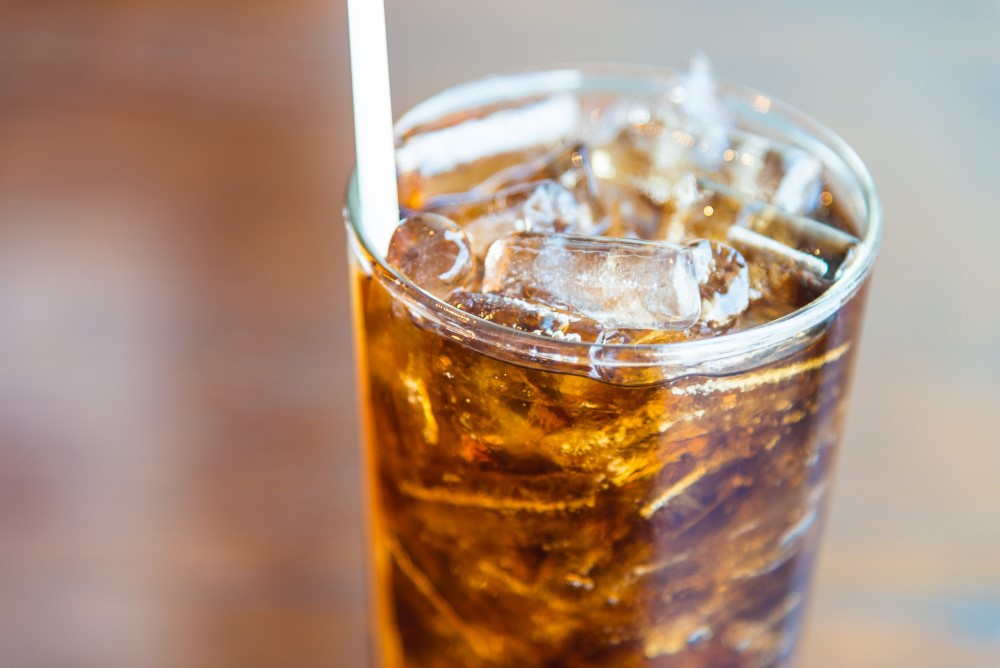Soda is a popular beverage among the public, especially among children and teenagers. With its sweet taste and various flavors, it is hard to resist the appeal of soda. However, behind its delicious flavor lies an important question: Does drinking soda damage teeth?
Risky Components of Soda
Soda contains several ingredients that can lead to tooth damage. Two key components to be aware of are sugar and carbonic acid. Sugar serves as food for the bacteria that reside in our mouths. When these bacteria break down sugar, they produce acid that can start to erode tooth enamel. Enamel is the protective layer of the teeth, and when attacked by acid, it can result in cavities.
Research on Soda and Cavities
Research has shown a significant correlation between soda consumption and an increased risk of cavities. A study published in the Journal of Dentistry indicates that children who consume soda more than once a day have a much higher risk of cavities compared to those who do not consume it.
Long-term Effects
Drinking soda does not only impact dental health directly. Excessive consumption can lead to other health issues, such as obesity and diabetes. However, the main concern here is the impact on teeth. If left untreated, cavities can cause pain and discomfort, and also require costly and painful treatments.
Tips to Reduce Risk
To reduce the risk of cavities from soda consumption, here are some tips you can implement:
- Limit Consumption: Decrease the frequency and amount of soda you consume.
- Rinse After Drinking: After consuming soda, rinse with plain water to help remove residual sugar and acid.
- Maintain Dental Hygiene: Brush your teeth twice a day with fluoride toothpaste to protect tooth enamel.
- Visit the Dentist: Have regular dental check-ups at least every six months to detect any problems early.
Preventive Measures
You don't need to worry excessively about dental health, as several methods can effectively reduce the risk of tooth damage from soda consumption:
- Limit Soda Intake: It is advisable to consume a maximum of two cans of soda per week, allowing your body enough time to process the ingredients. A lower consumption frequency also minimizes the exposure of teeth to sugar and citric acid, which can lead to tooth decay.
- Use a Straw: Using a straw when drinking soda helps prevent the soda from coming into direct contact with teeth, especially the front ones. This further reduces the risk of dental damage from soda.
- Drink Mineral Water and Rinse After Soda: Mineral water can help neutralize soda residues in the mouth. After drinking mineral water, remember to rinse your mouth for even cleaner oral hygiene.
- Wait to Brush Your Teeth: Wait at least 30 minutes before brushing your teeth after drinking soda. Brushing immediately after consuming soda can increase the risk of tooth decay since the mouth is still in an acidic state.
Conclusion
Meskipun menikmati soda sesekali dapat dianggap wajar, penting untuk menyadari bahwa kebiasaan ini dapat berujung pada masalah kesehatan gigi yang serius. Dengan pengetahuan yang tepat dan tindakan pencegahan yang baik, kita dapat menikmati hidup dengan gigi yang sehat dan kuat. Hal ini sejalan dengan Tujuan Pembangunan Berkelanjutan (SDGs) tujuan ke-3. Jangan ragu untuk berkonsultasi dengan dokter gigi Anda untuk informasi lebih lanjut mengenai kesehatan mulut.
Author: Rizky Budi H. | Photo: Freepik

